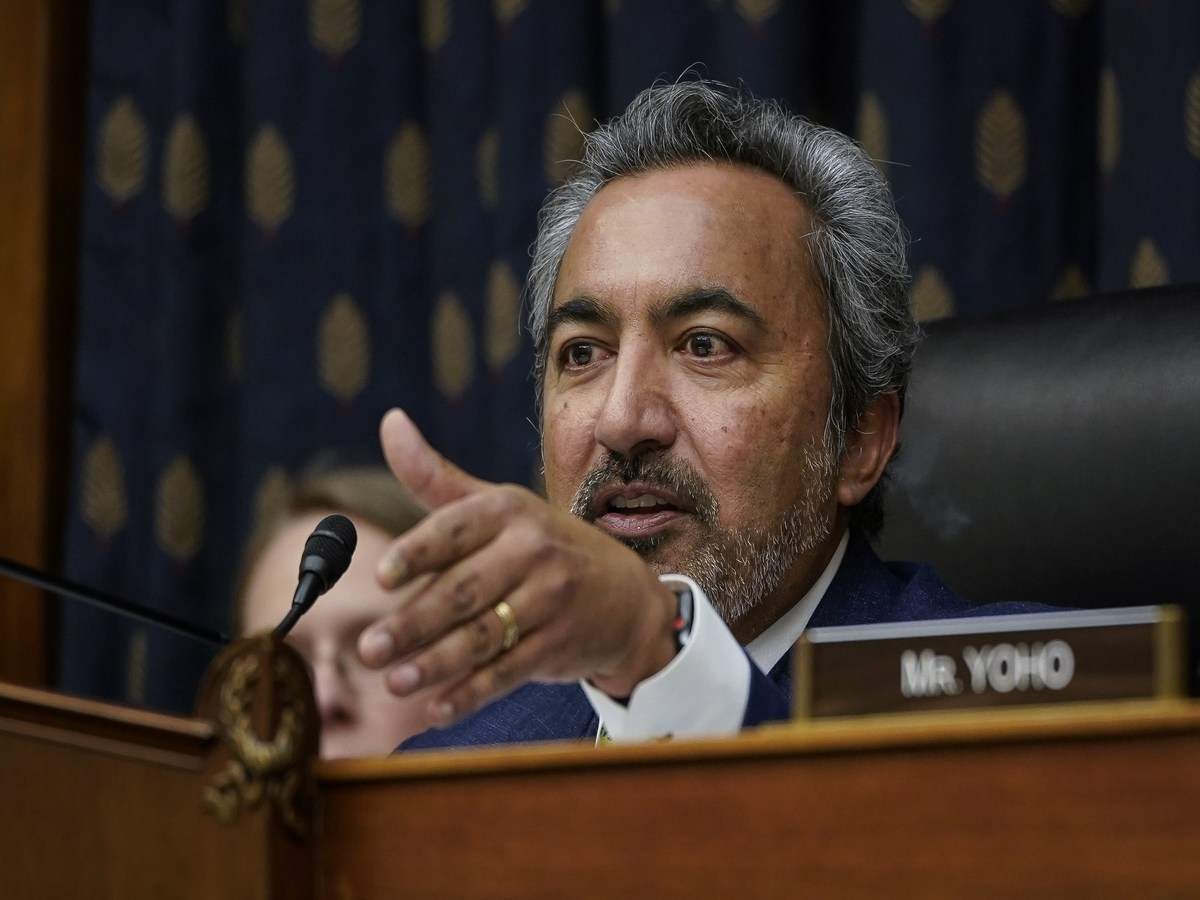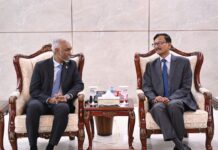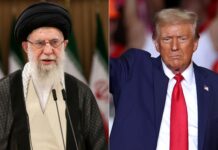NEW DELHI: Ahead of US President Donald Trump’s maiden India visit next week, an influential US Congressman on Wednesday expressed concern over the situation in Kashmir and agitations over the new citizenship law, saying the country must protect its minorities and not lose its secular democracy.
Ami Bera, Chair of House Foreign Affairs subcommittee on Asia, the Pacific in the US Congress, said it was the desire of the US to see resolution of the Kashmir issue and return of normalcy in the region.
Bera, a democrat, and George Holding, the Republican co-chair of the India caucus, are on a two-day visit to India to “demonstrate” bipartisan support to India in the US Congress.
“We expressed our concerns over continued detention of political leaders in Kashmir,” Bera told a group of journalists when asked whether he and Holding conveyed their concerns to Indian officials over situation in Kashmir.
“We do not want to India to lose secular democracy that is what sets it apart from countries in the region, that is what makes it such a valuable partner of the US,” he said. Bera also said he would like to take a Congressional delegation to Kashmir. “We did express our that we would like to take a delegation to Kashmir in some point of time.” The US lawmaker also hailed India’s vibrant democracy where he said 800 million Hindus are living side-by-side with 200 million Muslims.
“Indian citizens are the ones that ultimately will control the outcome of where India heads to…We can offer that what we admire about India…is that it’s this vibrant secular democracy and we would hate to see India lose or tarnish any of that reputation,” said Bera.
On his part, Holding said economic development will bring prosperity to Kashmir, adding a stable and predictable political situation is going to attract investment into the region.
The special status of Jammu and Kashmir was withdrawn around six months back and it was bifurcated into two union territories. The government had imposed severe restrictions following the move including detaining sizeable number of political leaders.
Replying to a question on widespread protests against the new citizenship law in India, Bera said expressed concerns over it but at the same time added that the demonstrations reflected inherent strength of the democracy. “It is important to keep lines of communications open,” he said, adding India must protect its minorities.
India has witnessed massive protests against the citizenship amendment law which seeks to grant citizenship to non-Muslims who came to India from Pakistan, Afghanistan and Bangladesh facing religious persecution. The protesters feel the law is discriminatory as citizenship will be granted based on religious identity. Both the lawmakers also spoke about the bipartisan support to growing ties between India and the US in diverse areas including in trade and commerce, defence and strategic affairs.
Both the lawmakers hoped that India and the US will be able to seal the much anticipated trade deal. Official sources said negotiations on the deal was not “stuck” and both sides mutually agreed “not to rush” into it, suggesting that it will not be signed during Trump’s visit to India next week.
Trump, accompanied by wife Melania Trump and a high level delegation will arrive in India on February 24 for a little less than 36-hour-long trip. From Ahmedabad, he will travel to Agra before arriving at the national capital for main leg of the visit. PTI







